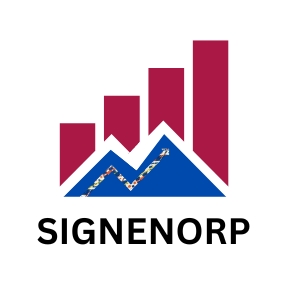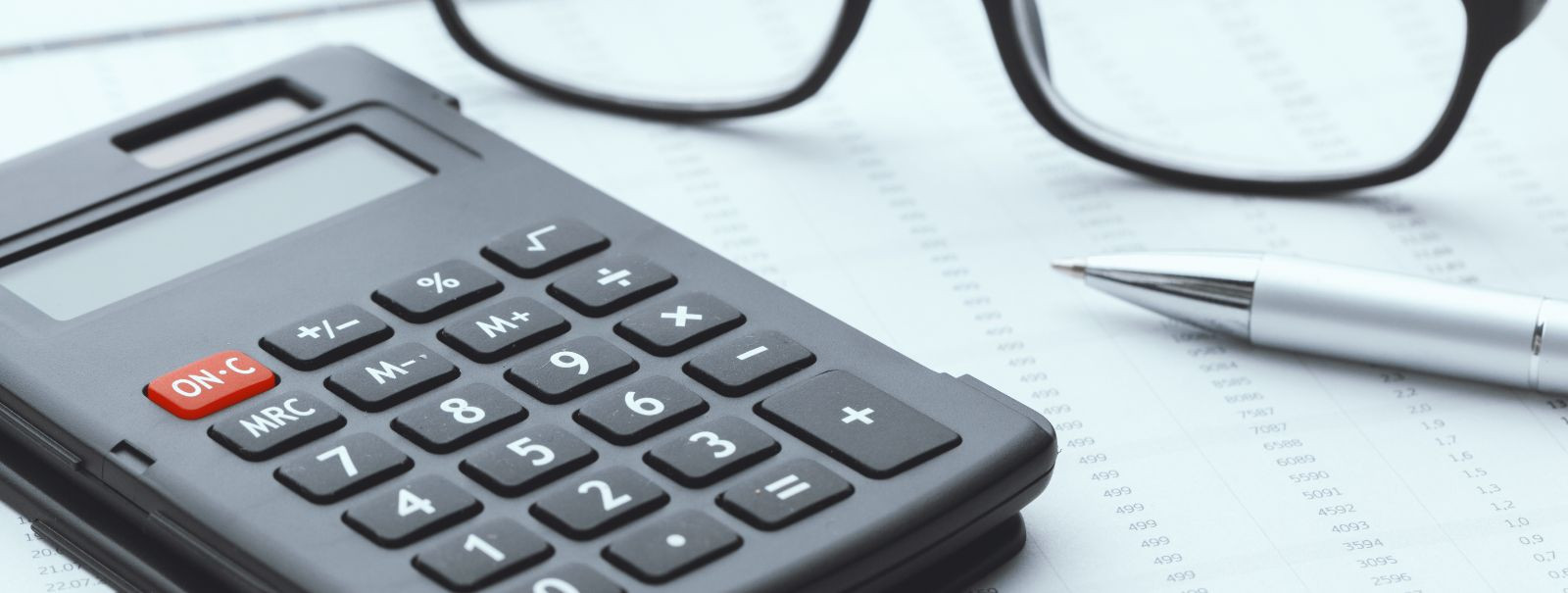5 tips for efficient apartment association accounting
Apartment association accounting is a specialized field that deals with the financial management of residential complexes. It involves tracking income and expenses, budgeting for maintenance and repairs, and ensuring compliance with legal and tax requirements.
Efficient accounting practices are crucial for the financial health of any apartment association. They provide transparency, help in strategic planning, and ensure that the association complies with financial regulations.
Tip 1: Implement a Robust Accounting System
Investing in the right accounting software is essential for streamlining financial processes. Look for software that is tailored to the needs of apartment associations, with features such as automated billing, expense tracking, and financial reporting.
Ensure that your accounting system is always up to date with the latest features and security patches. Regular maintenance can prevent potential issues and improve the system's efficiency.
Tip 2: Maintain Meticulous Financial Records
Keep all financial documents well-organized and easily accessible. This includes invoices, receipts, bank statements, and any other relevant financial records.
Update your financial records promptly to avoid discrepancies. Timely record keeping also simplifies the process of financial review and reporting.
Tip 3: Understand and Apply Tax Regulations
Apartment associations must adhere to specific tax regulations. Stay informed about the latest tax laws and how they affect your association.
Consider consulting with a tax professional who specializes in real estate or non-profit organizations to ensure compliance and optimize tax benefits.
Tip 4: Plan and Monitor the Budget Carefully
Develop a comprehensive budget that reflects the association's financial goals and anticipated expenses. This will serve as a roadmap for financial decision-making throughout the year.
Conduct regular budget reviews to monitor spending and adjust the budget as necessary. This helps in managing cash flow and preparing for unforeseen expenses.
Tip 5: Conduct Regular Financial Audits
Perform internal audits periodically to assess the accuracy of financial records and the effectiveness of accounting practices.
Engage an external auditor to provide an unbiased evaluation of the association's financial statements. This can enhance credibility and trust among members.






Comments (0)